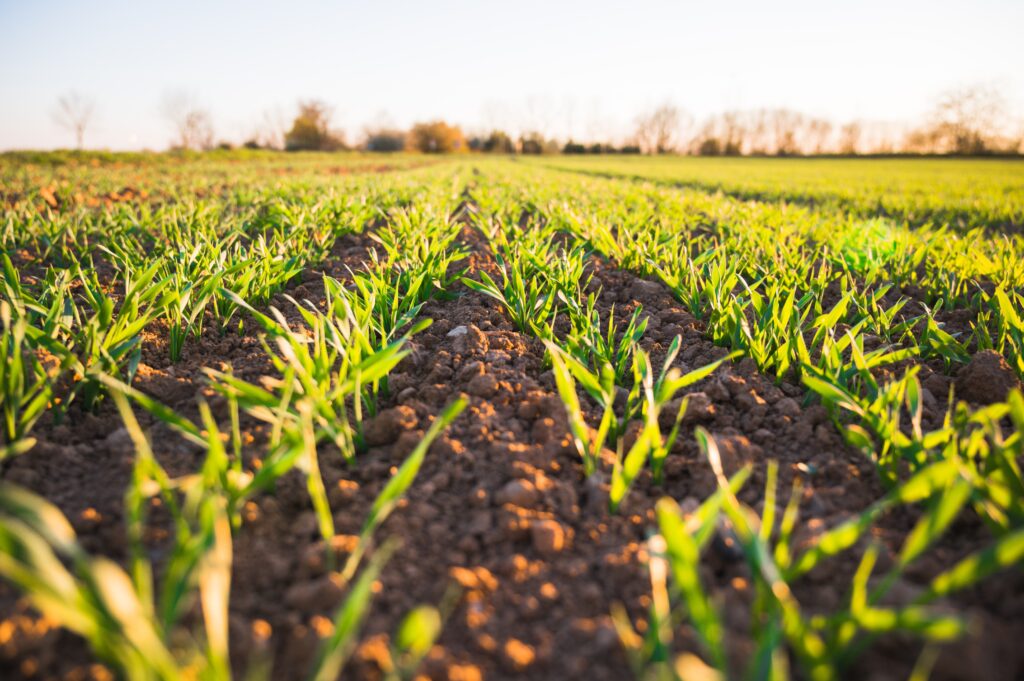Agriculture is the backbone of the food industry, and with the growing demand for food, farmers must produce more while reducing the impact on the environment. Traditional farming practices often rely on the use of synthetic fertilizers, pesticides, and intensive land use, leading to soil degradation, water pollution, and biodiversity loss. Sustainable agriculture, on the other hand, promotes a more environmentally friendly approach to farming. In this blog, we will explore why sustainable agriculture is critical for environmental protection.
What is Sustainable Agriculture?
Sustainable agriculture is a farming practice that promotes the long-term health of the environment, the community, and the economy. This approach to farming emphasizes the use of natural resources in a responsible manner and avoids practices that harm the environment. Some of the principles of sustainable agriculture include the use of organic farming practices, crop rotation, conservation tillage, and the preservation of biodiversity.
Why Sustainable Agriculture is Important for Environmental Protection?
- Soil Health
Sustainable agriculture practices focus on maintaining soil health by avoiding the use of harmful chemicals and promoting the use of natural fertilizers such as compost and cover crops. This helps to reduce soil degradation and erosion, improving soil fertility and reducing the risk of nutrient pollution.
- Water Conservation
Sustainable agriculture practices promote water conservation by reducing water use through measures such as drip irrigation and the use of cover crops to reduce evaporation. This helps to conserve water resources, reducing the risk of water scarcity and protecting water quality by reducing runoff and soil erosion.
- Biodiversity Preservation
Sustainable agriculture practices prioritize the preservation of biodiversity by promoting the use of integrated pest management, crop rotation, and the preservation of natural habitats. This helps to maintain a healthy ecosystem, supporting the survival of beneficial species such as pollinators and natural predators.
- Climate Change Mitigation
Sustainable agriculture practices can help mitigate the impact of climate change by reducing greenhouse gas emissions from farming activities. Practices such as conservation tillage and crop rotation can help sequester carbon in the soil, reducing the amount of carbon dioxide in the atmosphere.
- Economic Benefits
Sustainable agriculture practices can provide economic benefits to farmers, such as reduced input costs and increased yields in the long term. These practices can also help to reduce the risk of crop failure and increase resilience to climate change.
- Improved Nutrition and Food Security
Sustainable agriculture practices can help to improve nutrition and food security by promoting the use of diverse crop varieties and reducing the use of harmful chemicals in food production. This can help to improve the quality and safety of food, reducing the risk of foodborne illnesses and malnutrition.
Conclusion
Sustainable agriculture is critical for environmental protection as it promotes responsible farming practices that help to protect the environment, conserve natural resources, and preserve biodiversity. By prioritizing soil health, water conservation, biodiversity preservation, climate change mitigation, economic benefits, and improved nutrition and food security, sustainable agriculture can help ensure a healthy planet for future generations. We must all take responsibility and support sustainable agriculture practices to protect the environment and ensure a sustainable food supply for the future.



